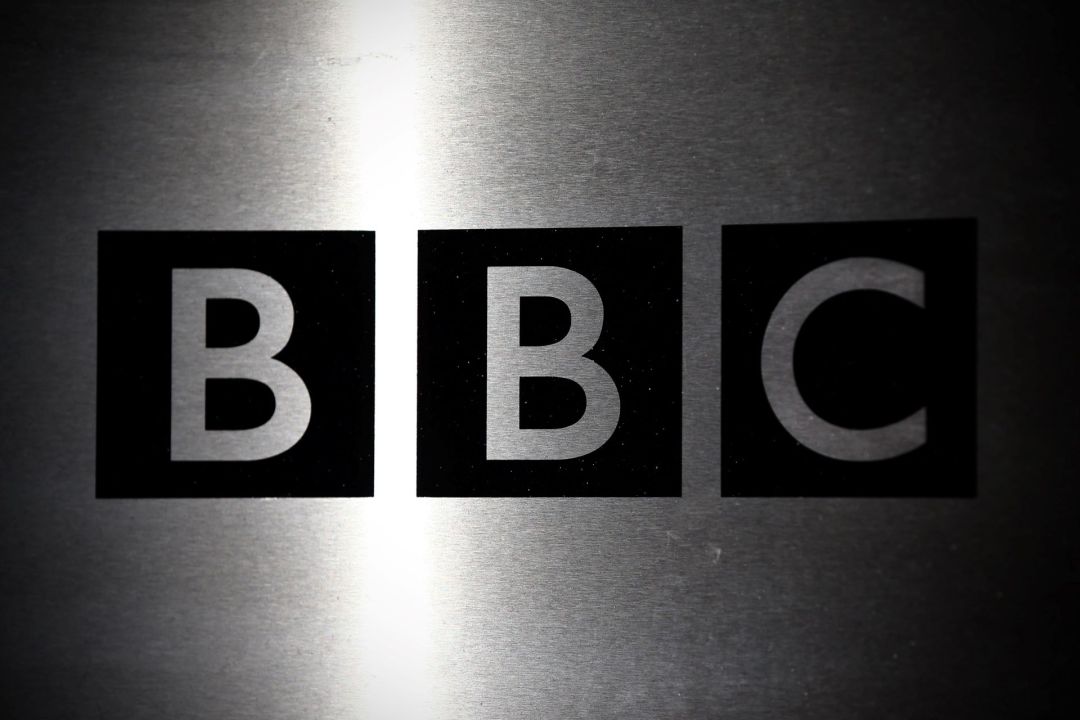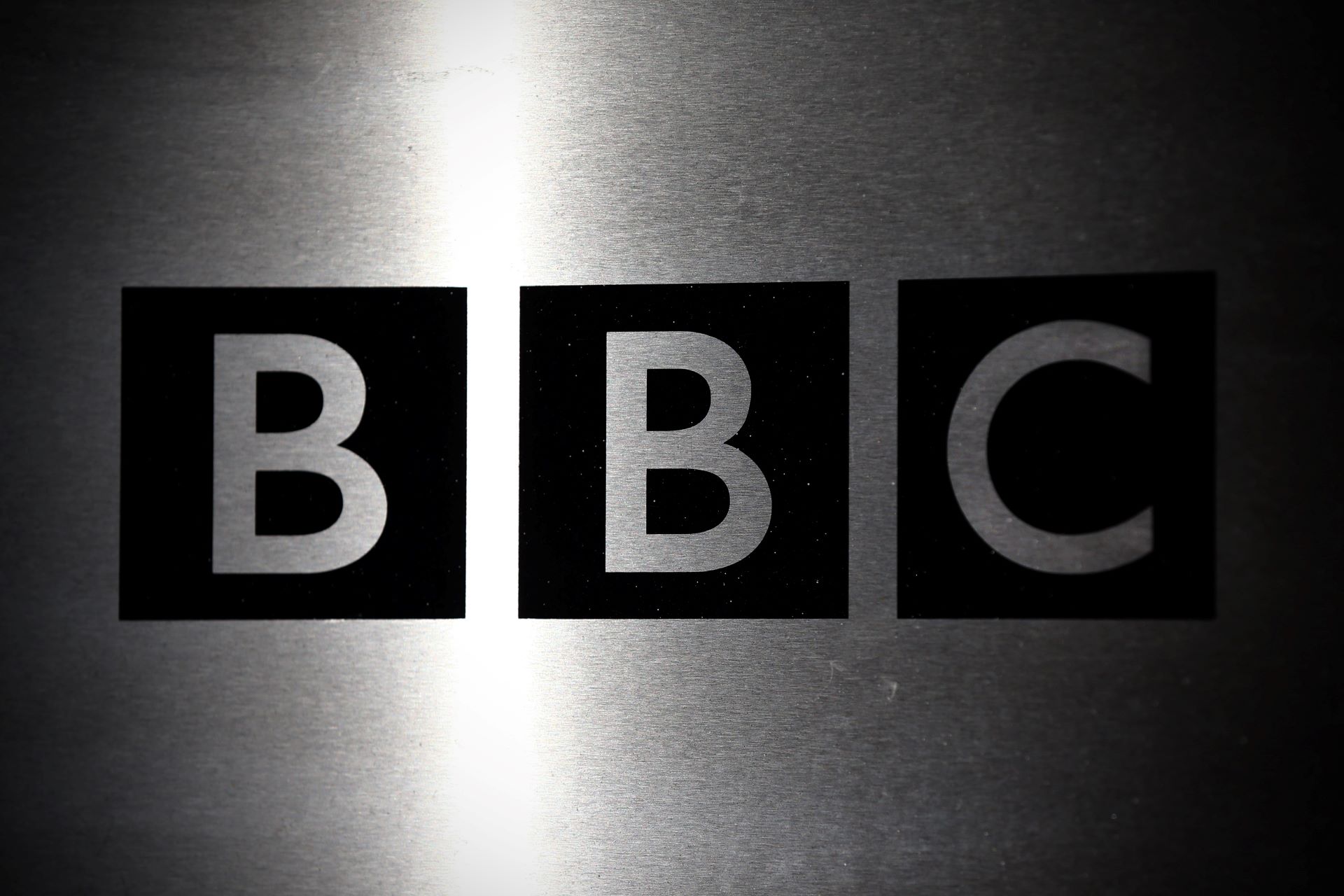‘Revert’ as a noun rather than a verb sounds like one of those Victorian terms that went out of fashion in the 1960s and is now considered a slur. However, this was the term that the BBC website felt was appropriate to describe people who had converted to Islam, in an article published on Friday, before hurriedly amending it on Saturday morning.
As it happens, this is the term used by some converts to Islam to describe their status within their new faith, based on the theological principle of fitra; the innate predisposition within all humans toward recognising the oneness of God. By this way of thinking, one does not become a Muslim, one ‘reverts’ to one’s true natural state.
Nevertheless, it is not a term by any means in universal use. In years of working in the Middle East, I have known dozens of people who have converted into the religion because of marriage, contract law and for ease of doing business, and even a few who have done it sincerely. I have come under gentle pressure to do so myself on innumerable occasions. In none of these cases have I ever heard such people described as ‘reverts’ either by themselves, or by their far more pious spouses or friends who called them to the faith.
Instead, they have used the word ‘convert’; the universally acknowledged term in the English language for those who embrace a religion other than that of their upbringing later in life. It’s unclear how many normal people read such articles on the BBC website, rather than those seeking the cathartic joy of mild irritation on social media, but if they did, I expect they will once again have come away with a skewed impression of Islam from our national broadcaster.
There are, in my view, a variety of explanations for why the BBC does this kind of thing. Partially, it’s a tendency among some of their staff to pass off esoteric vocabulary or neologisms as a form of signalling. It’s the same impulse that makes them occasionally switch to spelling the country ‘Brasil’ during football tournaments.
Partially it is down to the preoccupation, occasionally bordering on the morbid, that the BBC holds for the minutiae of the lives of Muslims in Britain. Previously this usually centred around apparently spontaneous gestures of intercommunity altruism by Muslim groups, until the status of the Ahmediyyah community, who were inevitably at the centre of such stories and whom most mainstream Muslims regard as heretics, made this too awkward.
Nowadays such stories tend to focus more on the tribulations of those trying to combine mundane aspects of daily life in modern Britain with strict observance of religious precepts, such as playing football while wearing a hijab. This particular article falls into the latter category, but there is something else going on as well.
While the headline and opening paragraphs focus on the story of a particular individual experiencing social isolation as a result of her decision to convert to Islam, the substance of the story is the work of a local charity that supports Muslim converts in Peterborough and surrounding area. This may seem an oddly specific story for a website that supposedly covers national and international news for a global readership, but understanding why it is there explains a lot about how the BBC functions.
This article demonstrates the editorial reticence to look too closely at anything connected to Islam
Much of the vast output of the BBC website originates, as this story does, from its network of local reporters across the country. Like local reporters around the world, they are always on the hunt for inspiration, and often this can present itself in the form of a local organisation, or a charity with a particular story to tell. We live in an era with no shortage of people with ample university training in public relations and media, who can package up a human interest story for easy consumption by a reporter, in which the organisation’s mission can be encapsulated. These are bundled up into neat little puff pieces, requiring minimal editing and seemingly very little investigation, to be pumped out onto a website that appears to value quantity above all else.
This pattern is replicated with reporters who cover subject specific areas, who often rely on university departments and the PR departments of NGOs for similar output. The language of press releases is often included in the text of articles almost verbatim, which an observant reader can identify by the inclusion of the preferred buzzwords of activists and campaigners amidst the neutral voice of the BBC. In recent years, many terms have entered the mainstream in this way, and eventually become used by everybody from the civil service to the Tory front bench.
That the phrase ‘climate crisis’ has moved so rapidly from the fringes of the green movement to official usage is testament to this phenomenon. That normal people are now comfortable with things like cheese being described as ‘junk food’ is another example, this time courtesy of the irredeemable neurotics in nutritional science. Sometimes, these terms can become the victims of their own success, as in the case of the ‘living wage’ which has become interchangeable with the concept of the minimum wage it once stood in contrast with.
This article also demonstrates the apparent editorial reticence to look too closely at anything connected to Islam, in the way that the BBC certainly would for other faith groups. There is nothing inherently sketchy about the concept of fitra, but it has been used by fundamentalist and extremist Islamic groups to undermine the legitimacy of other religions and to justify violence against non-Muslims. If an organisation for Christian converts used a term suggesting that we had an innate tendency toward monotheism, the BBC would rightly cast a critical eye over anything else it said. But like many institutions in modern Britain that are outwardly very keen on multiculturalism, they lack the cultural awareness to make the link between that and using a term like ‘revert’.
It’s a fairly minor error and it feels slightly obsessive to get too upset about it. But it highlights the failure of modern mainstream journalism; not necessarily in institutional partisanship, but lacking the collective critical faculties and curiosity to analyse their own prodigious output.








Comments